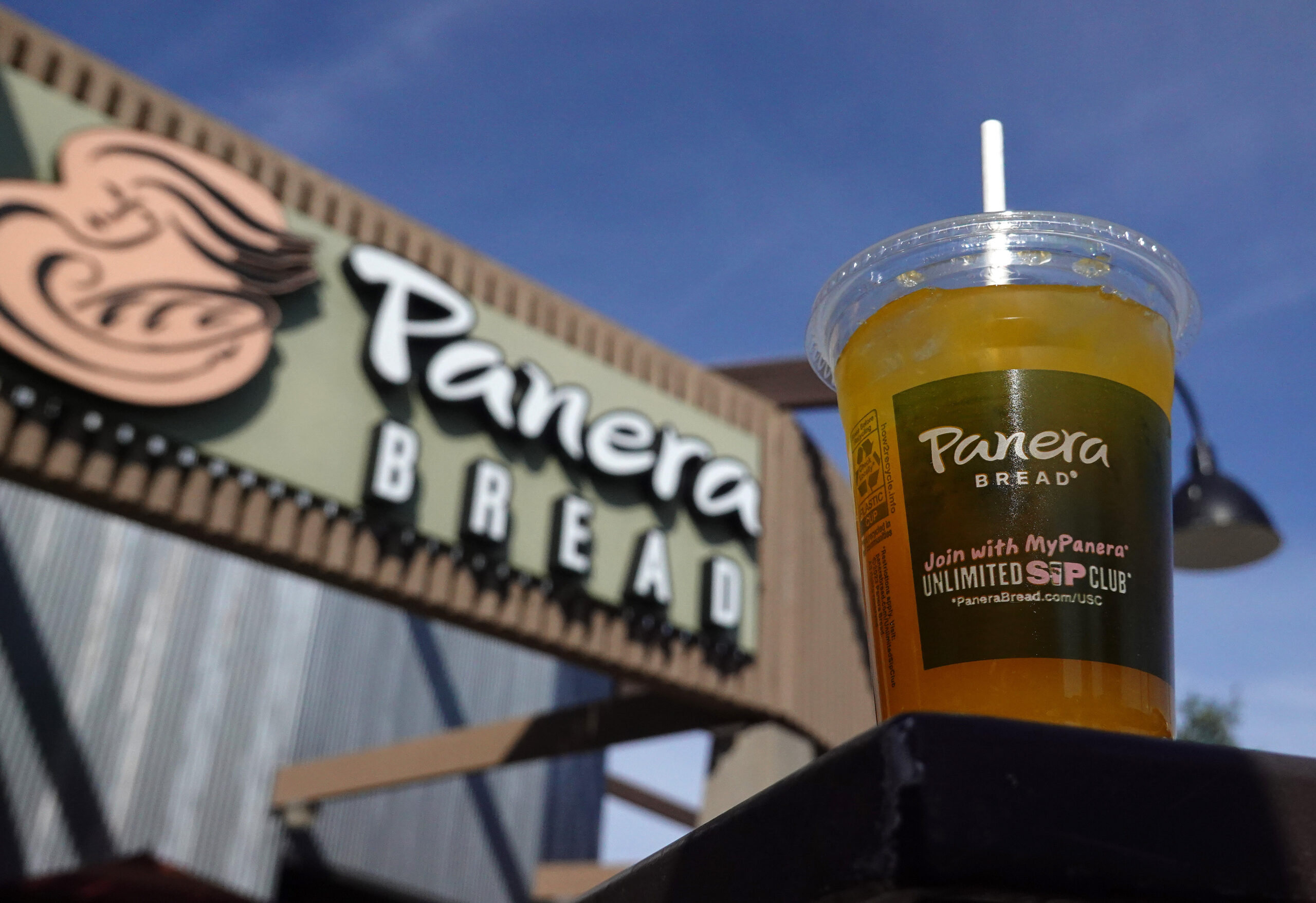Panera Bread is confronting a second wrongful death lawsuit after a customer allegedly died from consuming its popular caffeinated “charged lemonade” beverage. The lawsuit, filed on Monday, details the death of Dennis Brown, a 46-year-old Florida man who passed away in October after consuming three servings of the drink.
According to the wrongful-death lawsuit filed by Brown’s family in Superior Court in Delaware, Brown suffered a “cardiac event” while walking home from a Panera Bread in Fleming Island, Fla. on Oct. 9. The lawsuit alleges that Panera “knew or should have known” that the charged lemonade could pose risks, particularly to children, pregnant and breastfeeding women, and individuals sensitive to caffeine.
Charged lemonade, which has more caffeine in its large size than a 12-ounce Red Bull and a 16-ounce Monster Energy drink combined, has been at the center of legal scrutiny for the last few months. Following the first wrongful death lawsuit in which a 21-year-old woman died after consuming the drink—filed in October—Panera claimed to have “enhanced our existing caffeine disclosure” on its platforms and in restaurants.
The lawsuit filed in Delaware disclosed that Brown had ordered Panera’s charged lemonade at least seven times over the course of two weeks in September and October. It also disclosed Brown’s medical conditions, including high blood pressure, developmental delay, attention deficit hyperactivity disorder, and a chromosomal disorder causing a mild intellectual disability and blurry vision. The lawsuit said Brown believed the Panera charged lemonade was safe since it was not advertised as an energy drink.
In response to Brown’s case, Panera released a statement on Tuesday expressing sympathy for the family while staunchly defending the safety of its products. The statement noted that the company’s investigation led them to believe that Brown’s passing was not caused by their product. Panera characterized the lawsuit, filed by the same law firm as the previous claim, as “equally without merit.”
In October, a lawsuit filed by the parents of Sarah Katz—a college student with a heart condition who died in September 2022 after drinking charged lemonade—suggested that Katz likely believed the beverage had a safe amount of caffeine. A regular charged lemonade contains 260 milligrams of caffeine, while the large size boasts 390 milligrams, according to Panera’s website.
The Food and Drug Administration (FDA) advises that most “healthy adults” can safely consume up to 400 milligrams of caffeine per day, emphasizing the importance of individual tolerance levels and health conditions. Energy drinks, such as charged lemonade, often contain high levels of caffeine, sugars and stimulants that pose risks, particularly to individuals with heart conditions. The unexpected caffeine content of charged lemonade gained widespread attention after a TikTok video in December 2022 highlighted the drink’s shockingly high levels.
“Panera Charged Lemonade is a juice beverage marketed to children and adults alike,” the new suit claims. “This marketing is especially dangerous to a vulnerable population, children and adults who would reasonably believe this product was lemonade and safe for consumption.” The lawsuit also contends that the drink poses a risk because it is mixed at individual store locations, meaning its caffeine content is not strictly controlled.The lawsuit notes that charged lemonade was offered alongside non-caffeinated options at Panera and was not advertised as an energy drink with accompanying warnings.

